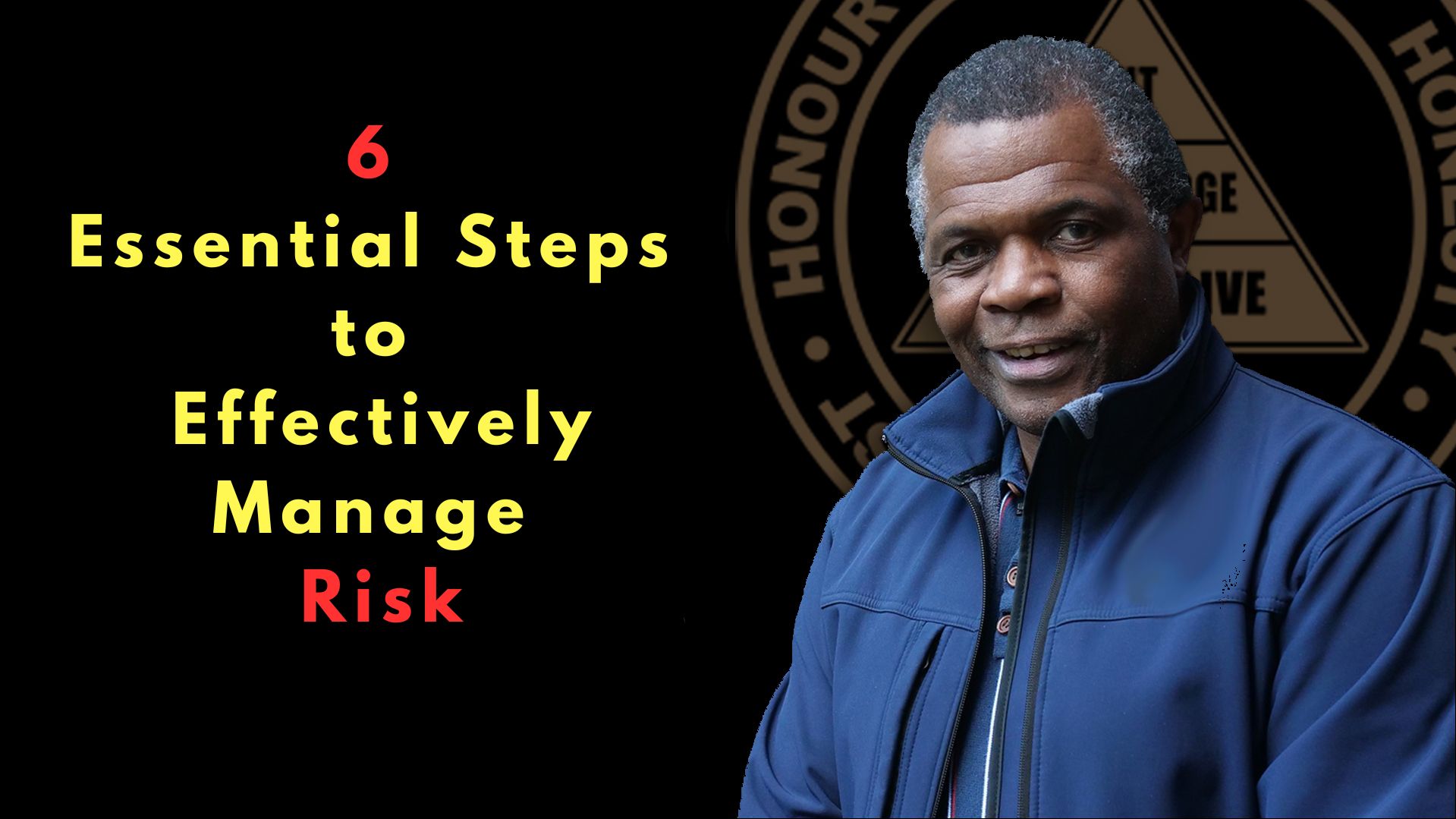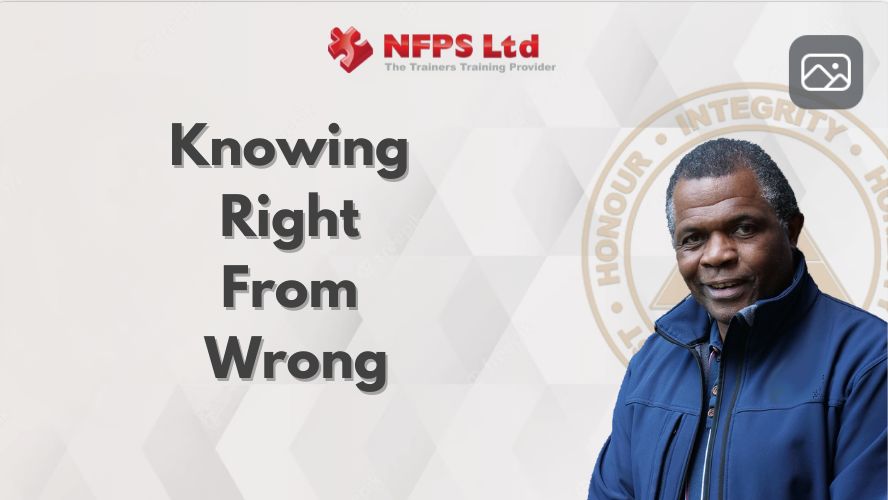6 Essential Steps to Effectively Manage Risk
Violence in the workplace or other settings, whether between individuals or involving enforcement officers and civilians, can escalate quickly if not managed effectively. Understanding how to identify, avoid, prevent, and control potential violent situations through thorough risk assessments is crucial towards creating safer environments. The prevalence of violence and aggression across various sectors remains high 90% of teachers reported witnessing … Read more










